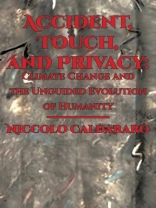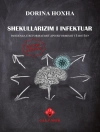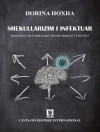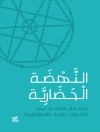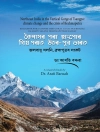In his investigation of the nature of madness and civilization, the French social theorist Michel Foucault expressed the difficulty most scholars have in addressing episodes of confusion that lead a society into acts of self-destruction and chaos. He maintained that one problem is “a realm, no doubt, where what is in question is the limits rather than the identity of a culture.” The decision to continue as before, as if no changes have occurred, is a kind of madness, but the identity of normal people is associated with ideas of actions defined by the culture and performed as a means of demonstrating identity. Since today we have an evolving global culture that is an amalgam of European colonial history, the defeated servants of that history, and some of those who resisted, the nature of limited action is embedded in the values that led to the conquest of the world. This process remains a central motive factor in resistance to modifications of world economic institutions that might deflect the worst consequences of climate change for, at least, the next few generations to come.
About the author
Niccolo Caldararo, Lecturer in Anthropology, San Francisco State University, Owner, Director, and Chief Conservator, Conservation Art Service Author of The Future of Leisure and Retirement: Pension Schemes, Community Support, and Contemporary Consequences for the Next Generation (Academica Press, 2021)
